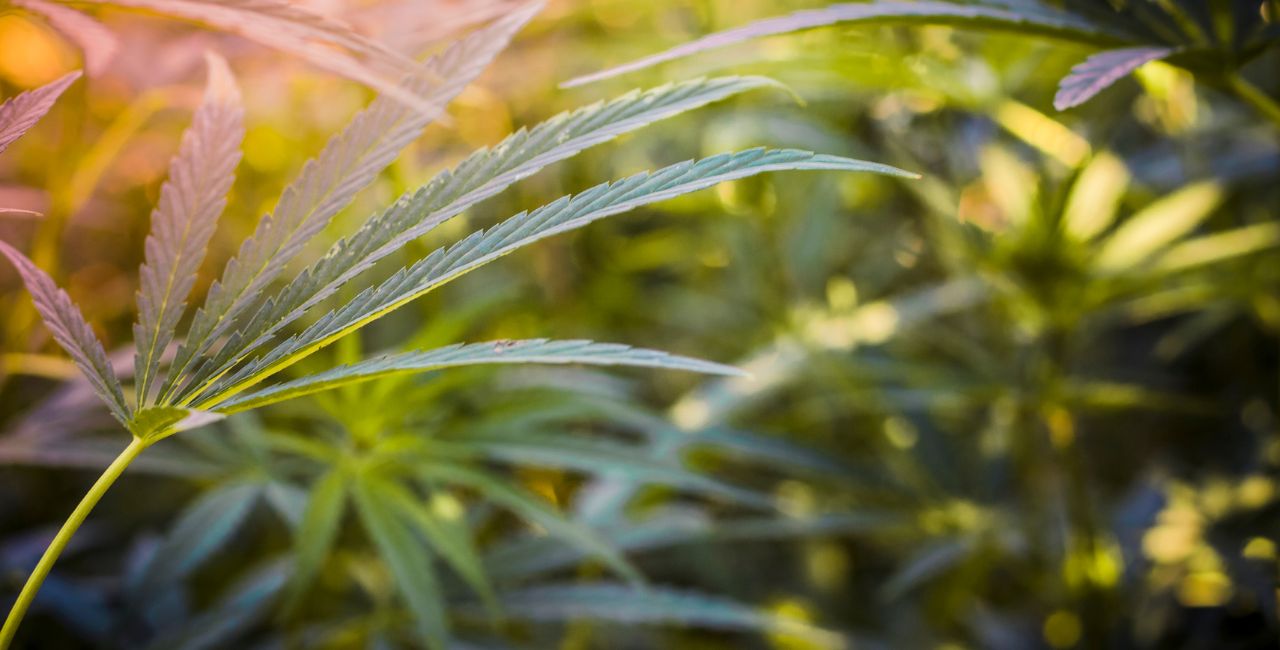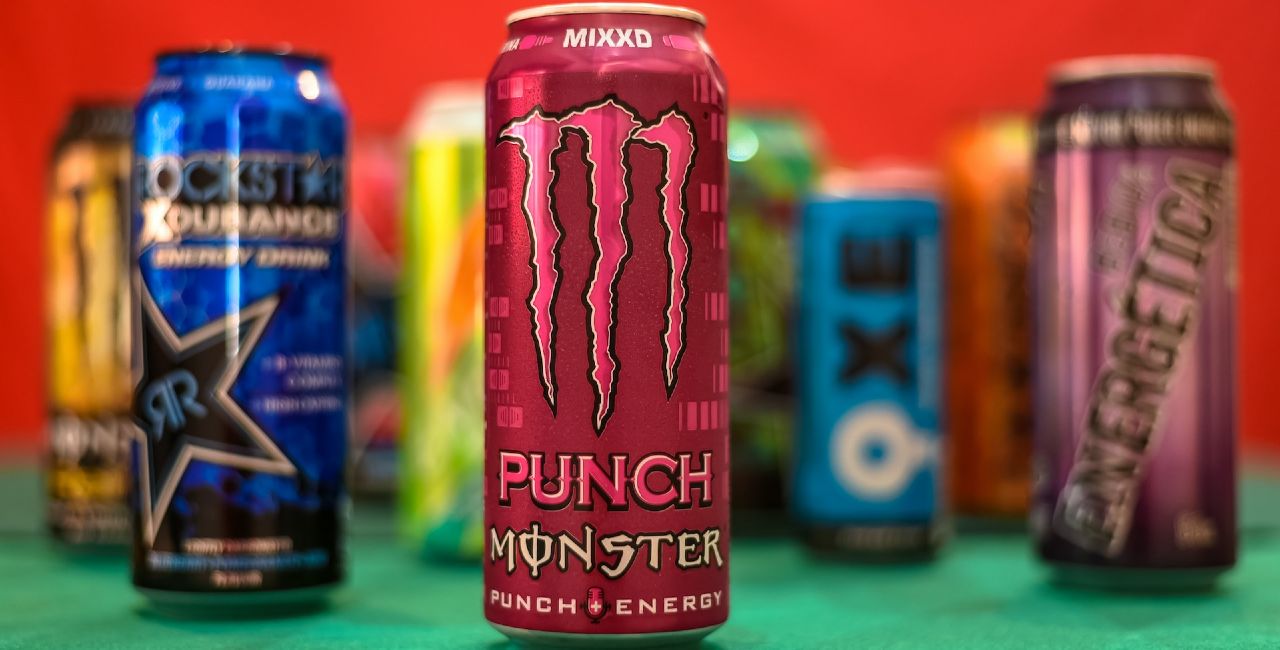In a significant regulatory move this summer, New York State approved emergency regulations concerning hemp-derived cannabinoid products. These new rules are set to reshape the landscape for businesses involved in producing and selling hemp-derived products.
As we delve deeper into the specifics of these regulations, we will explore the new THC-to-CBD ratio requirements for infused consumables, hemp-derived THC content limitations, and prohibition on intoxicating alternative hemp-derived cannabinoids.
We also discuss the repercussions these rules hold for local bars and businesses investing in these products.
New York Regulates Hemp-Derived Cannabinoids

While most are familiar with cannabinoids derived from marijuana, hemp-derived cannabinoids are extracted from the hemp plant, a member of the cannabis family that contains lower THC levels than marijuana.
The 2018 Farm Act legalized hemp, allowing manufacturers to create and sell naturally occurring hemp-derived cannabinoids like CBD and delta-9 THC, but some began synthesizing new compounds like delta-8 and delta-10 THC.
The journey of regulating hemp-derived cannabinoids in New York has been dynamic, with the state taking active steps to control this explosive market early on. To ensure consumer safety and maintain market stability, an Office of Industrial Hemp Control was established with a licensing program for retailers, producers and distributors. However, black market products took over bodegas and independent retailers shelves anyway, so the state decided to take drastic measures.
New York eventually banned synthetic and “artificially derived” cannabinoids, including delta-8 and delta-10 THC, a move aimed at closing the loopholes that allowed these products to flood the market. However, enforcing this ban has proven challenging, given the rapid innovation in the industry.
This summer, in a regulatory package covering a comprehensive set of new rules. New York again put forth legislation to ban intoxicating hemp-derived cannabinoids. These include Delta-8 THC, THC-A, and THC-O.
New Limits on Hemp-Derived THC and Cannabinoids Ratios
And New York didn’t stop with “artificially derived” hemp-derived cannabinoids. The package also created emergency rules stipulating new minimum ratios of THC to CBD in edibles.
Under the new regulations, all hemp-derived products must maintain a 15-to-1 CBD-to-THC ratio. This effectively sets a standard manufacturers must adhere to when producing edibles.
Moreover, the cannabinoid content in these products is capped at 25 milligrams, which at a 15:1 ratio of CBD-to-THC only leaves room for a little over 1 milligram of THC – setting a clearly defined boundary on the THC levels permissible in hemp-derived products.
This move is seen as a way to curb the unregulated sale of hemp products with high THC content. The regulations also prohibit retailers from selling products containing more than 0.5 milligrams of THC to individuals under 21. This imposes a strict age restriction to protect younger consumers.
What This Means for New York’s Bars and Businesses
The recent regulatory shifts have brought about a wave of changes that bars and businesses in New York must navigate.
The stringent rules around the sale of hemp-derived products, particularly those with high THC content, mean that businesses have to reassess their product lines and perhaps even reformulate products to comply with the new standards.
Any establishment incorporating hemp-derived cannabinoids in its offerings finds itself at a crossroads. Even though they were given a “use up period” to move the remainder of current inventory, the new regulations have squeezed local businesses by removing a category of products in high demand.
In an interview with ABC News, Pint Sized bar owner, August Rosa, reported that THC drinks have grown to about 10 to 15 percent of their business. Rosa said it had become a “significant” part of their business. As he described, “So, to begin this new opportunity, successfully grow the category in a really short period of time and have it be taken away…”, only squeezes his small business further.
Embracing Change with Rexis
In light of New York’s stringent new regulations on hemp-derived products, many businesses are scrambling to adapt. But Rexis Biotech is already a step ahead. We are crafting products that comply with the new standards and still retain the desired effects for consumers.
As we navigate this changing market, Rexis helps your brand adjust with groundbreaking nanotechnology. We offer a New York-compliant product that doesn’t compromise quality or effectiveness.
Learn more about our New York-compliant technology.





